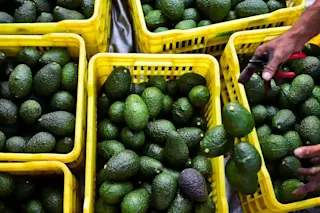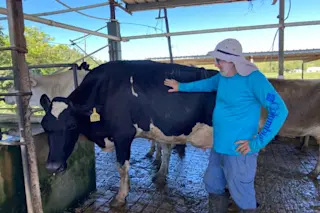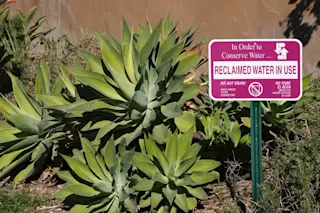One of the staples of immersion journalism are gimmicky stunts that lead Esquire's A.J. Jacobs to read the Encyclopaedia Britannica from A to Z and follow every single rule in the bible for one year. The genre has its classics, such as George Plimpton's Paper Lion, Ted Conover's Rolling Nowhere and Newjack, and one of my favorites, Nickel and Dimed by Barbara Ehrenreich. In the food arena, Michael Pollan has famously followed his cow and Morgan Spurlock once ate nothing but McDonald's for a month. In recent years, environmental themes have also been painstakingly explored by No Impact Man and the Guardian'sLeo Hickman. There is no shortage of cool and dumb ideas that I'm almost ashamed I haven't yet cashed in on this shopworn formula. Here's a whacky one from 2010 that just caught my attention. April Dávila, a writer for Yes! magazine, had
followed a link to an article ...













